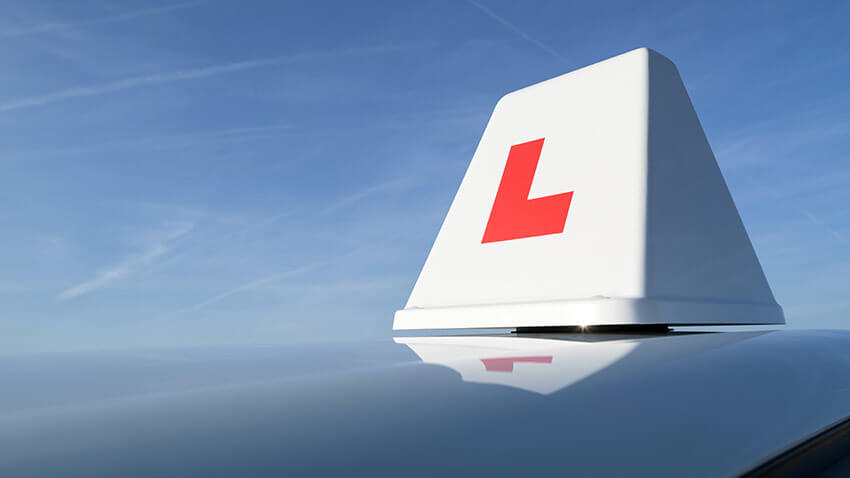
Today, we’re focusing on an interesting conversation topic among families, and looking at whether parents should bear some of the financial burden of their children's driving lessons.
We recently surveyed the British public, revealing that a significant 87% of adults believe parents ought to contribute to the costs of their child's driving education. Interestingly, of this majority vote, one in three think it should be an equal, fifty-fifty split between parent and child, while 25% suggest the same approach for purchasing the first car.
Generational shifts in financial responsibility
When it comes to financial independence, we found a noticeable shift across generations. While 60% of those aged 65 and above paid for their driving lessons without parental help, this figure drops to 35% for those aged 35-44, and further to 10% for the 18-25 age group.
Buying a first car is another major financial milestone, and about 45% of our survey participants said they paid for their first car without parental help. That said, similar to the trends in paying for driving lessons, older adults exhibited greater financial independence here, too.
How driving costs have evolved
In the past, the costs associated with learning to drive were considerably lower. For instance, driving lessons between 1980 and 1995 cost between £5 and £15. Moreover, the price of popular cars like the 1972 Ford Cortina Mk3, which was £963 at the time, even when adjusted for inflation, would only be about £13,520. That seems modest compared to today's car prices.
According to Parkers, a Ford Kuga today costs between £27,985 and £39,305. Although this might indicate that car prices have more than doubled, our earnings have also nearly doubled, resulting in a similar proportion of our income being allocated to a new car.
The impact of car insurance
The spike in car insurance premiums adds another layer to the financial equation. The average premium is now £995, a 52% increase from the previous year. Young drivers are particularly impacted, with premiums for them rising by £655 in the last 12 months. Regardless of the details, the costs involved in learning to drive and buying a first car present a considerable challenge for young adults to take on alone.
But there’s something to be said of the 'life lesson' involved in saving. Users of the Reddit community AskReddit expressed their views, with one individual stating: “My parents bought my first car, and looking back, I wish they had made me earn some of the money. I really didn't appreciate the value of it. We matched my daughter's savings to buy her first car”.
Another said they found that working to buy their first car built character in them, while a few commenters explained that their first cars were passed down from their parents. Either way, many expressed that while it was largely unique to each family, parents helping their children was seen as the more favourable option, if possible.
Regtransfers CEO Mark Trimbee comments on the findings;
Our study suggests that Brits feel a strong sense of “parental duty” to support their children in taking steps toward learning to drive, and the evidence shows it’s become progressively more common for them to alleviate at least some of the financial pressures involved. Still, the level of commitment involved in saving for such an expense certainly serves as a strong and valuable life lesson for young adults - one of patience and financial responsibility.
Ultimately, how a family chooses to support one another is down to individual values and circumstances. Not everyone is going to show support in the same way, but what can be said, with certainty, is that you never forget passing your test, buying your first car and making it your own!
